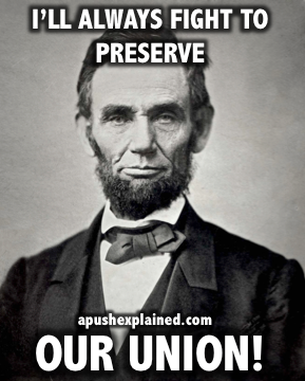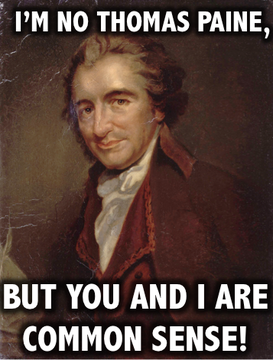1. "12 Years a Slave"
HW:
1. Crash Course - Slavery
Watch and answer the following questions:
1. In what ways was the
South’s slave based economy intertwined with the Market Revolution?
2. What were economic
“costs”/effects of a reliance on King Cotton in the South?
3. Describe the yeoman farmer
AND his support of slavery when most didn’t own any slaves.
4. Contrast the paternalist
slave owners with the North AND list 2 other justifications for slavery.
5. Contrast the rice and
cotton plantation slaves and their work.
6. How did owners dehumanize
slaves AND what was their idea in doing so?
7. In what ways did slaves
resist the dehumanization?
8. What is the significance of the Mystery
document?
9. How many slaves, rather
than resist, ran away AND who assisted in their flight?
10. Describe Vesey and Turner’s rebellions and
their effects.
11. What are the more common forms of resistance
AND why is this important?
2. Read the Slavery primary document packet and answer the embedded questions
3. Read/Analyze your assigned slavery document. Use your document to help you write a paragraph that DEFENDS the use of slave labor (from the POV of a southerner). In your paragraph, be sure to analyze the author’s POV, Intended Audience, or Purpose as it relates to the institution of slavery. Also be sure to include some specific historical facts about slavery (from the Slavery PPT) support your arguments)



